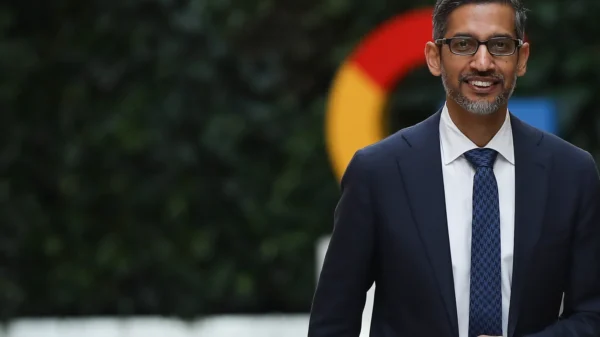UN Warns of AI Threats to Global Democracy
The United Nations Secretary-General has issued a stark warning about the potential dangers that unchecked artificial intelligence (AI) poses to democratic systems around the world. Speaking at a recent UN event, the Secretary-General highlighted how AI technologies, if left uncontrolled, could be used to spread disinformation, foster hate speech, and manipulate public opinion—threatening the integrity of democratic processes.
AI as a Tool for Disinformation
The UN leader emphasized the growing role of AI in spreading disinformation, particularly through the use of deepfake technologies and automated bots. AI systems are increasingly being used to generate false or misleading content at a scale that can overwhelm fact-checking efforts. The Secretary-General warned that AI could be weaponized to create highly convincing disinformation campaigns, influencing voters, distorting political debates, and undermining public trust in democratic institutions.
The Spread of Hate Speech
Another significant concern is the role AI can play in amplifying hate speech. AI-powered platforms and social media algorithms have been criticized for promoting divisive and harmful content in an effort to increase user engagement. The UN leader pointed out that the spread of hate speech, incited by AI tools, can lead to real-world violence, deepen social divisions, and destabilize societies. He called on governments and tech companies to take responsibility for regulating and controlling how AI is deployed on these platforms.
Public Opinion Manipulation
AI’s ability to manipulate public opinion through targeted messaging is also seen as a growing threat to democracy. The Secretary-General highlighted how AI algorithms can be used to micro-target individuals with personalized political ads or information, shaping their views without their knowledge. This level of influence over public opinion raises ethical concerns about transparency and consent, as individuals may be unknowingly exposed to manipulated content designed to sway their political beliefs.
Global Call for Regulation and Accountability
In response to these growing threats, the UN Secretary-General urged for global cooperation to establish regulatory frameworks for AI technologies. He emphasized the need for governments, tech companies, and civil society to work together to ensure that AI is used responsibly. While AI has the potential to bring numerous benefits, the risks to democratic integrity must be mitigated through proper regulation, ethical standards, and transparency in AI development and deployment.
Conclusion
The UN’s warning highlights the urgent need to address the potential misuse of AI in democratic societies. As AI continues to advance, it is crucial for international bodies, governments, and private companies to collaborate on creating a regulatory environment that protects democratic institutions from the destabilizing effects of disinformation, hate speech, and public opinion manipulation. Without such measures, the future of democratic systems could be at risk from AI’s unchecked influence.



































